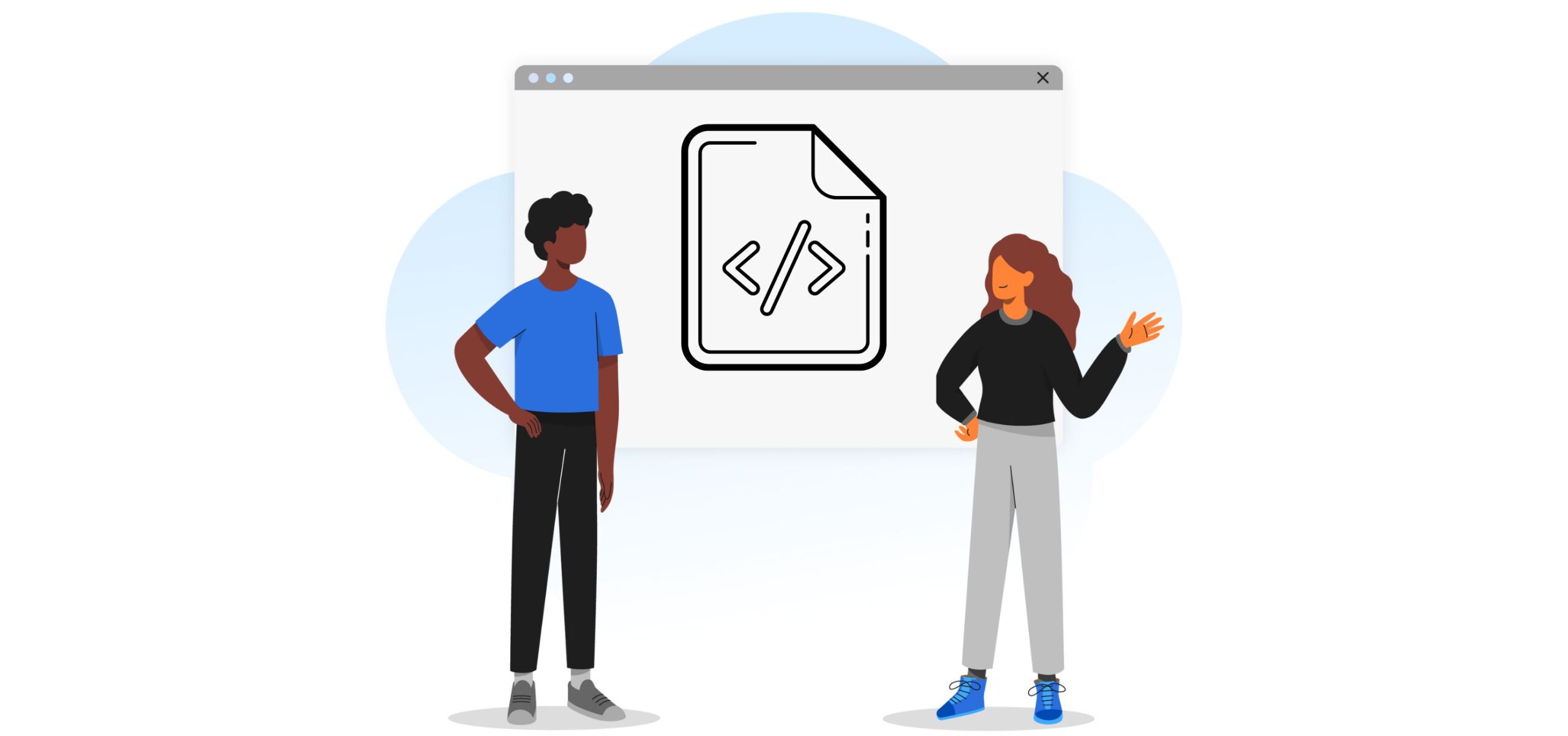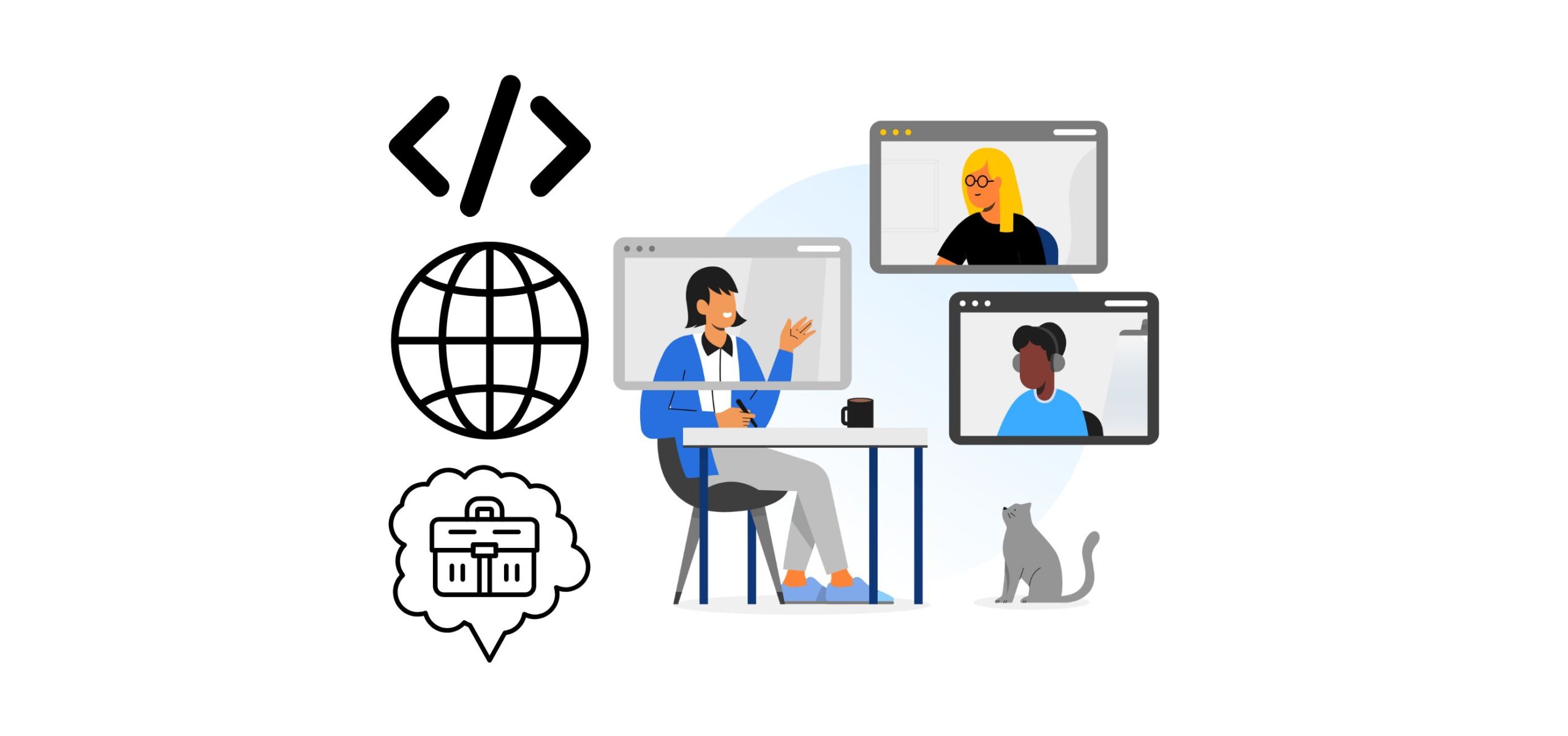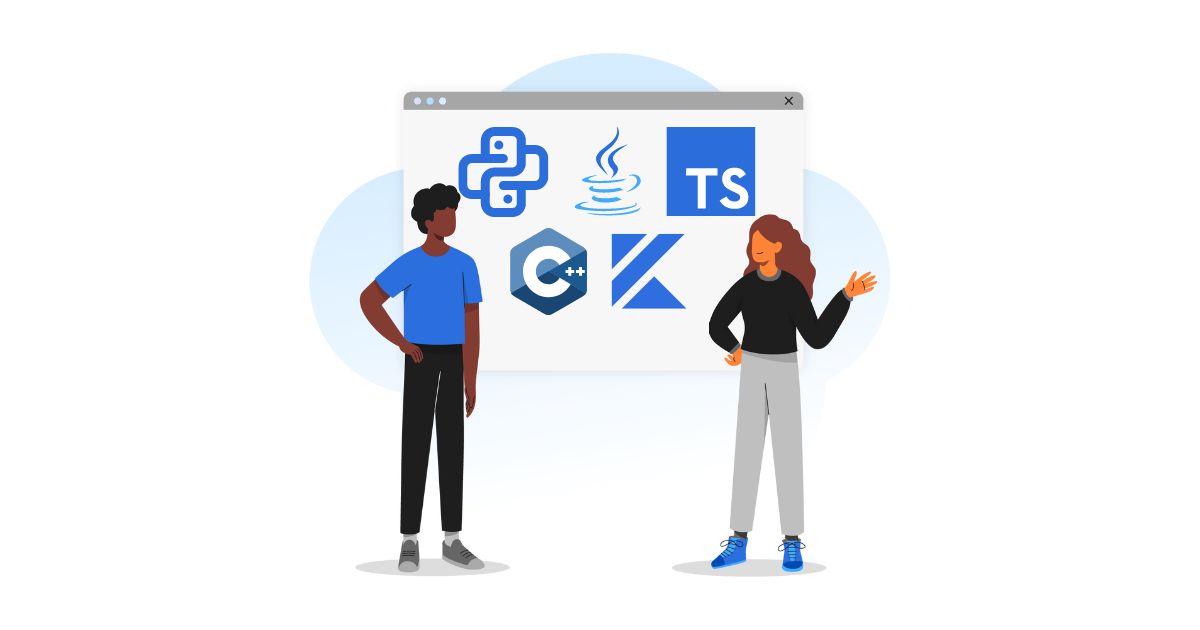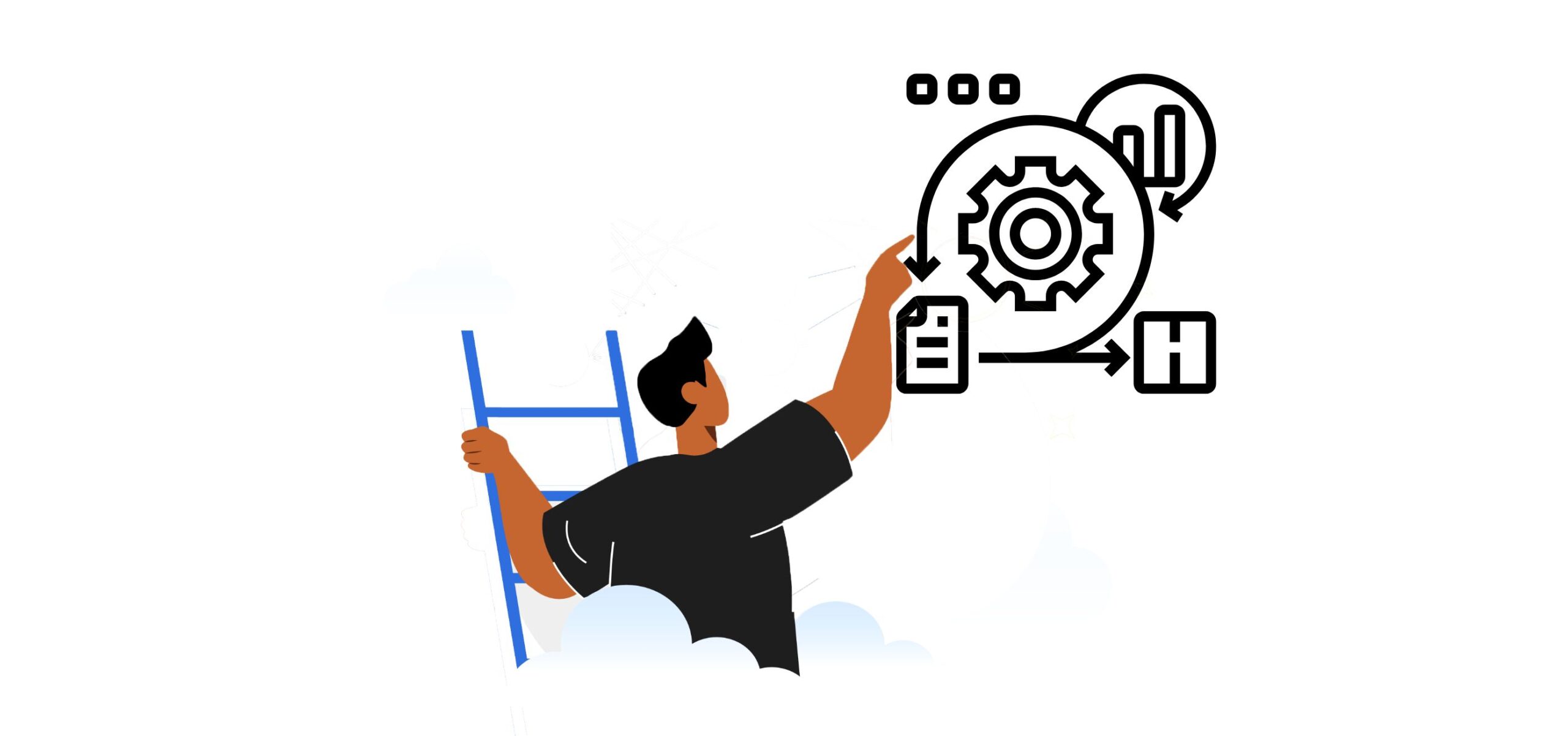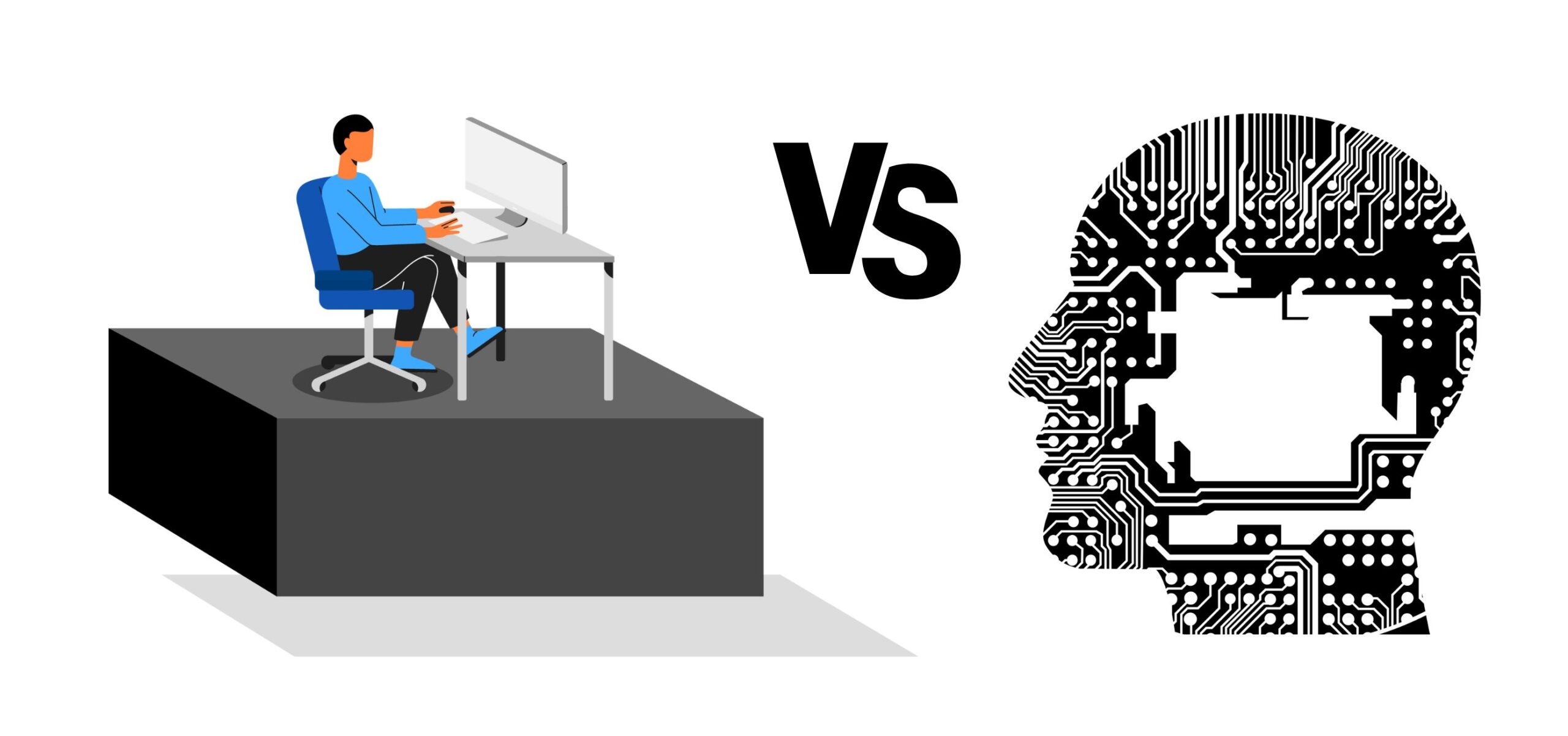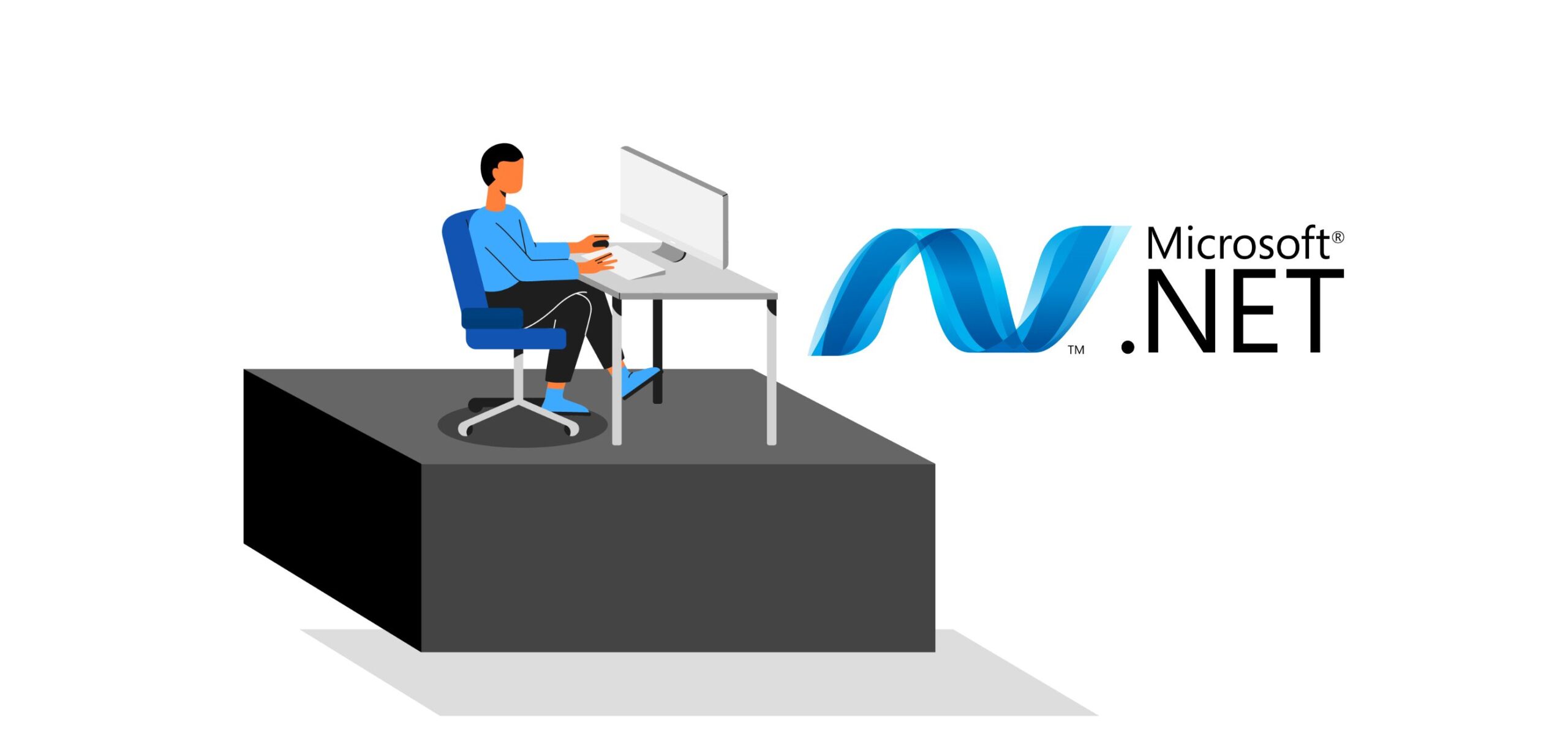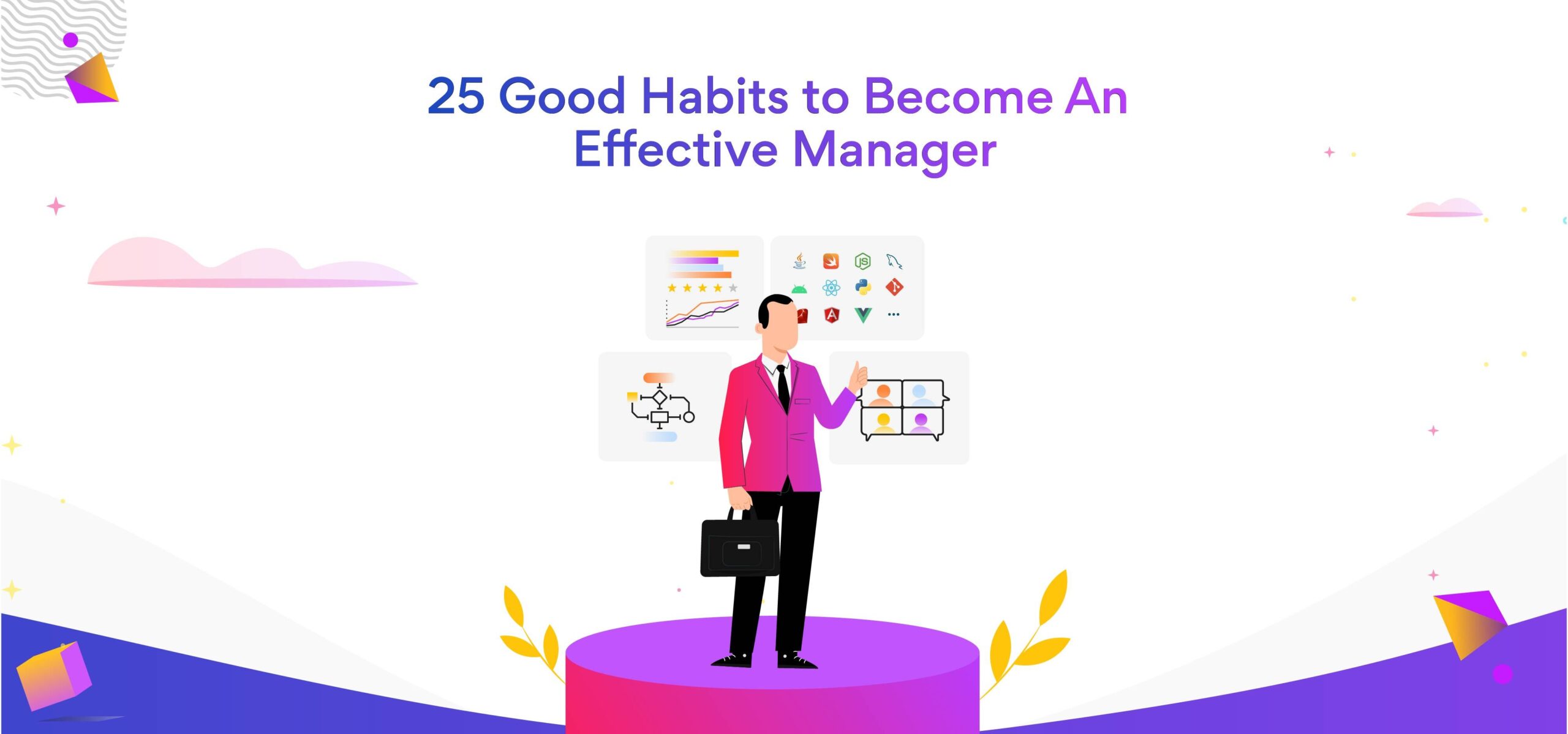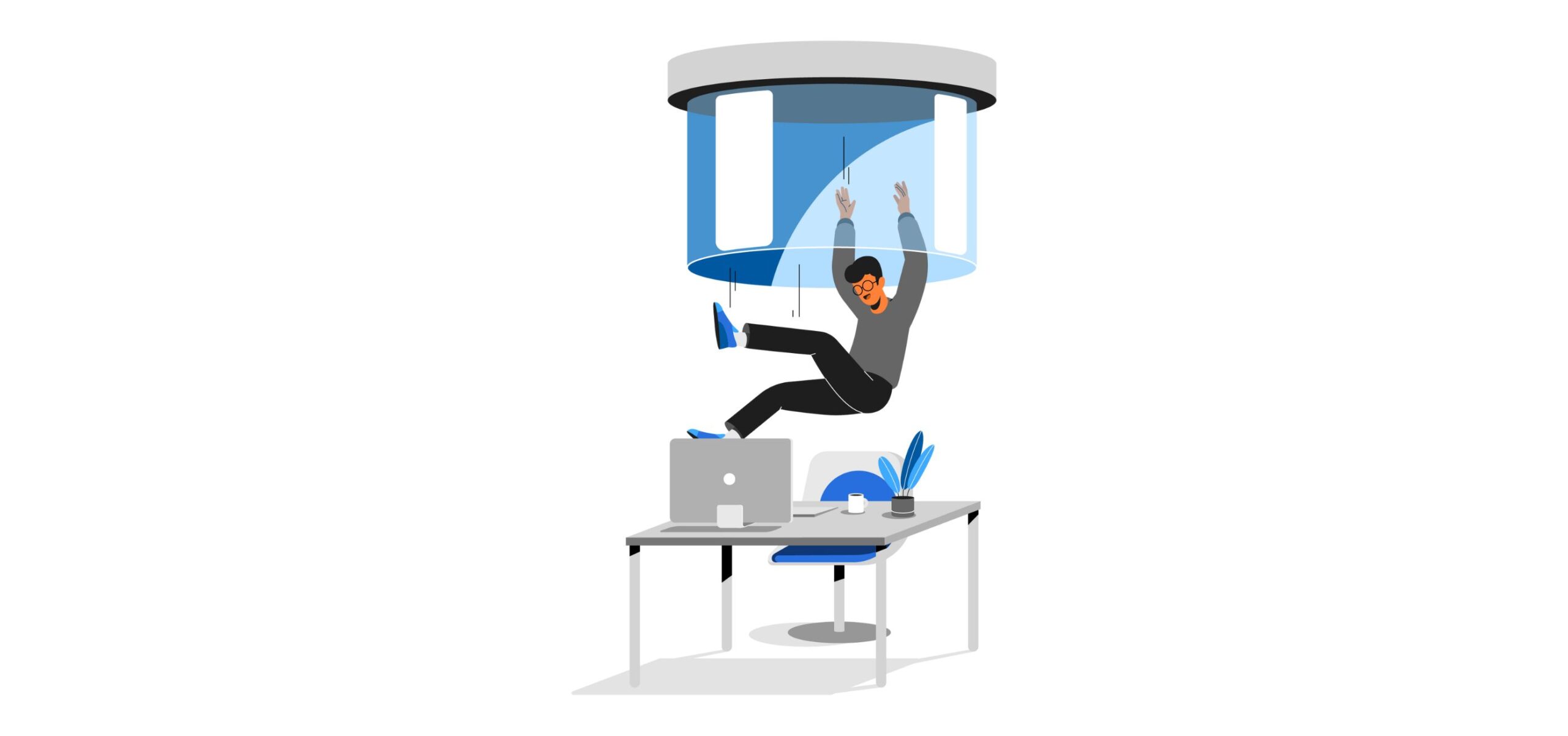Soft Skills Every Software Developer Needs
In the past, companies primarily expected software engineer skills to include core technical competence like writing code, running tests, and developing intuitive software applications. While a solid grasp of programming languages will help you get a long way, there are several other skills needed for software engineers to succeed in the remote-first world.
As the IT industry has diversified, the required remote software engineer skills have broadened to include extensive soft skills.
Organizations expect developers to converse with coworkers from different departments in this remote-first world. For example, developers regularly interact with design team members, project managers, and other company executives.
Along with the core technical skills, here are the top soft skills needed for software engineers:
Software engineer skills: Communication

Skills needed for software engineers: Communication
The ability to communicate effectively is one of the most critical skills needed for software engineers or any professional in general.
In today’s Zoom world, here are some things developers need to keep in mind to communicate effectively:
- Even if you second-guess yourself, speaking clearly and with confidence is crucial. Learn to articulate your thoughts and verbalize them concisely. If you learn how to communicate with conviction, people will pay attention to what you say.
- Effective communication is a two-way street. To be a good speaker, you need to be an attentive listener. Listening to your coworkers, customers, or potential clients will help you discover new perspectives, learn new things, and prioritize your tasks.
- This point is more of basic etiquette. Don’t interrupt people when they’re making a point. Let them finish speaking before you verbalize your thoughts. If you’re on a video conference, you can take advantage of the chatbox to share your thoughts without disturbing or interrupting the speaker.
Empathy
In simple terms, empathy is the ability to put yourself in others’ shoes.
Understanding your coworkers and customers, belief systems, and personalities will benefit you greatly.
As a remote software developer, you’ll be much more confident suggesting new ideas if you can predict how your audience is likely to react to what you have to say. Then, you can tailor how you present your suggestion according to your audience.
Empathizing with your target users will help you better understand their points of view. Given that they will be using your product, this is one of the most critical skills needed for software engineers.
Software engineer skills: Patience
As a software developer, you may have to attend customer or product meetings that don’t always comprise technical professionals. In this situation, you need to explain the reason behind your decisions in a non-technical manner.
While some may grasp your points on the first go, others may need a little more clarification. Some may ask questions without understanding the scope of the topic.
Without building the patience to walk them through your decisions, things can become frustrating very quickly. Though this is no easy feat, you need to be capable of explaining things better with future sessions.
Open-mindedness, adaptability, and self-learning
Open-mindedness, adaptability, and self-learning are software engineer skills that help them stay relevant.
The IT industry is constantly changing. With the development of new tools and technologies every day, it’s difficult for a developer to thrive without a flexible and self-learning attitude.
These software engineer skills give them a competitive edge over other developers.
Remote software developers need to be open to accepting new ideas. Even the weirdest ideas can spark inspiration for something great if you’re just willing to consider them instead of simply dismissing them.
Critical thinking, creativity, and problem-solving
Critical thinking, creativity, and problem-solving software engineer skills could also fall comfortably into the hard skills category.
Only remote software developers who are confident about their technical capabilities can respond to situations with agility and creativity.
Critical thinking and problem-solving are crucial skills needed for software engineers in their everyday activities.
From a broader perspective, software engineering is all about solving complex problems. While the scope and complexity of these problems can vary, the nature is the same.
Therefore, good software developers need to be excellent critical thinkers. They should have the ability to solve complex problems and think outside the box to develop unorthodox approaches.
Software engineer skills: Accountability and consistency
As a remote software developer, it doesn’t matter how effectively you communicate, empathize, or how skilled you are at writing code — you are answerable to someone.
It could be your team lead, project manager, client, or even an investor.
You need to report transparently and honestly to ensure your projects run smoothly. Proving yourself dependable and accountable builds rapport with key stakeholders and helps secure support to rectify problems, overlaps, or roadblocks.
Software engineer skills: Management
Remote software developers need to be efficient while working in a team setting on a project with strict deadlines. These projects may not always require you to simply write code.
Managing people and different projects are vital skills needed for software engineers.
Another vital management skill is time management. Adhering to deadlines and providing the correct estimates means developers need to be conscious about their time on a specific project.
Software engineer skills: Teamwork and collaboration

Skills needed for software engineers: Teamwork and Collaboration
Teamwork is not just one of the most critical skills needed for software engineers; it’s crucial for any professional.
Developers inherently need to be team players. Working on any project means you need to collaborate with UX developers, designers, project managers, and other key stakeholders.
However, being a part of a remote team comes with its challenges. Therefore, to be a good team player, patience, empathy, and effective communication are soft skills needed for software engineers.
Summary
You may have realized that all the soft skills listed in this post complement one another. For example, being efficient in communication will help you collaborate effectively and be a better team player. The ability to empathize with coworkers will make you more open-minded and, again, a better team player.
These software engineer skills will help you become a well-rounded professional with solid potential to thrive in this remote-first environment.
If you are a software developer looking for remote job opportunities, Turing can help. You can work for US-based companies from the comfort of your home with unparalleled compensation and long-term career growth.
Visit our Jobs page to know more!
Join a network of the world's best developers and get long-term remote software jobs with better compensation and career growth.




